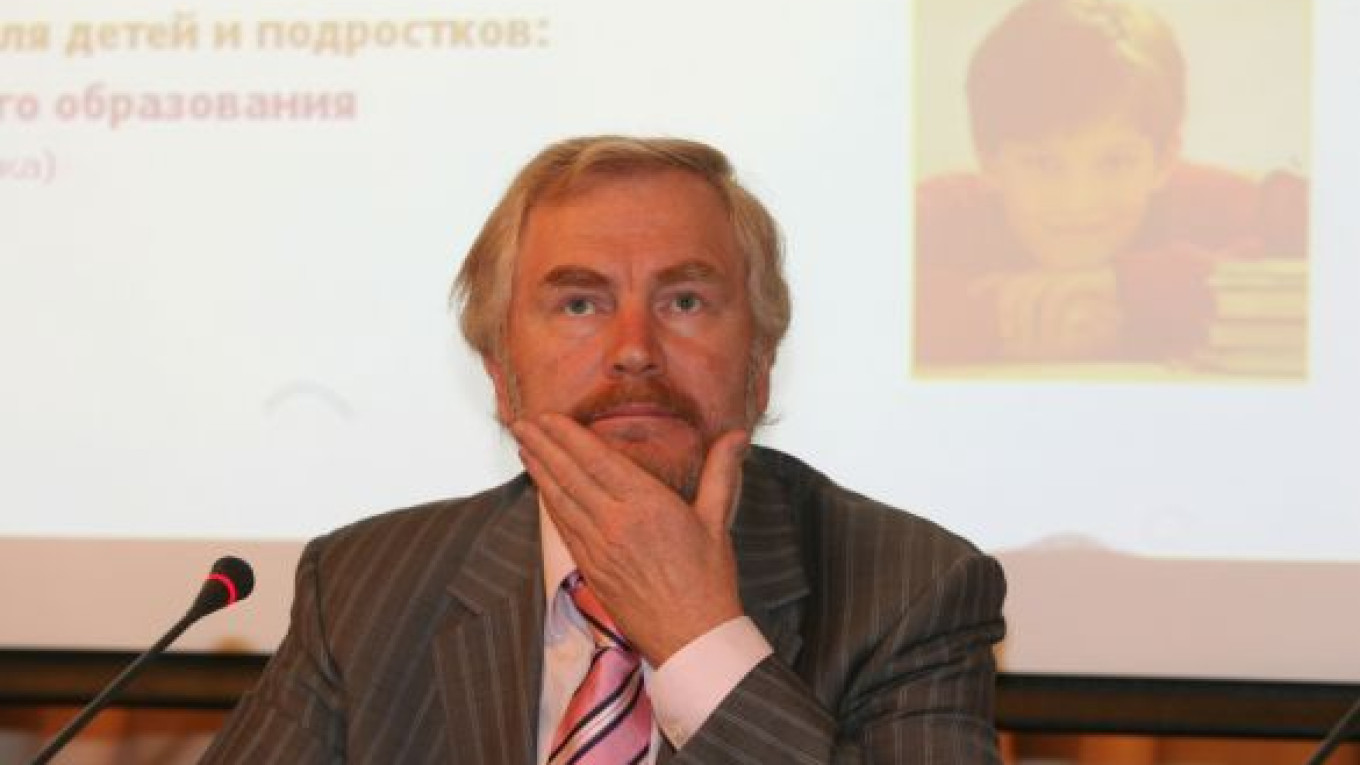Ratings agency Standard & Poor’s on Monday raised its outlook on Russia’s debt ratings to stable from negative, citing lower-than-expected budget deficits because of strong oil prices and cuts in state expenditures.
The move gives Russia a boost ahead of its return to debt markets after a decade’s absence with an issue of up to $18 billion in eurobonds in 2010 to help it plug budget holes.
Russian stocks extended gains on the news after rising earlier on stronger oil prices. The cost of insuring the country’s debt against restructuring or default fell, with five-year credit default swaps dropping 14 basis points to 192 bps, according to data from Markit.
“The stable outlook balances our opinion of the risks to Russia’s public finances from sensitivity to oil prices and the need for additional capital injections into the financial system, against the conservative budgetary stance,” S&P said.
S&P said it had revised its outlook on Russia from negative while affirming its BBB foreign currency rating.
The country’s economy has lost nearly a tenth of its size this year in contrast with its BRIC peers, which continued to grow. By comparison, the agency has a BBB-minus rating on Brazil with a stable outlook, an A-plus rating on China with a stable outlook and a BBB-minus rating on India with negative outlook.
S&P said ratings could be cut if Russia fails to keep a lid on spending, adding that it would study raising them if the government showed stronger commitment to structural economic reforms.
“It’s a good sign, a Christmas present. It says more about our true state than previous actions by rating agencies,” Deputy Finance Minister Sergei Storchak told Interfax. “Our rating is clearly too low and does not reflect our borrowing strength,” he said.
“From the point of a political decision by Russia to enter the debt market, this circumstance does not have a lot of significance. The decision to borrow and the scale of the borrowing will depend partly on budgetary performance,” he said.
S&P said it forecast GDP growth to average 3.5 percent in 2010 to 2012, compared with 7 percent before the crisis and an expected decline of more than 8.5 percent in 2009.
It also said it expected the government’s original target of a budget deficit of 8.3 percent of GDP for 2009 would turn out to be lower by at least 1 or 2 percentage points.
The same will happen in 2010-2011, with deficit targets of 7.5 percent and 4.3 percent of GDP likely to be outperformed given a conservative average oil price assumption of $59 per barrel.
The agency also praised the government’s efforts to freeze public-sector payrolls and cut capital expenditures, which will result in a decline in nominal expenditures in 2010 and 2011.
A sharp decline in imports and strong oil prices will result in surpluses of Russia’s current account in 2009 and it will remain close to balance in the mid term, the agency said.
S&P’s peer Moody’s has a Baa1 rating on Russia with stable outlook, Fitch has Russia on a BBB rating with negative outlook.
(Reuters, MT)
A Message from The Moscow Times:
Dear readers,
We are facing unprecedented challenges. Russia's Prosecutor General's Office has designated The Moscow Times as an "undesirable" organization, criminalizing our work and putting our staff at risk of prosecution. This follows our earlier unjust labeling as a "foreign agent."
These actions are direct attempts to silence independent journalism in Russia. The authorities claim our work "discredits the decisions of the Russian leadership." We see things differently: we strive to provide accurate, unbiased reporting on Russia.
We, the journalists of The Moscow Times, refuse to be silenced. But to continue our work, we need your help.
Your support, no matter how small, makes a world of difference. If you can, please support us monthly starting from just $2. It's quick to set up, and every contribution makes a significant impact.
By supporting The Moscow Times, you're defending open, independent journalism in the face of repression. Thank you for standing with us.
Remind me later.


